Child-friendly DOSTA! campaign
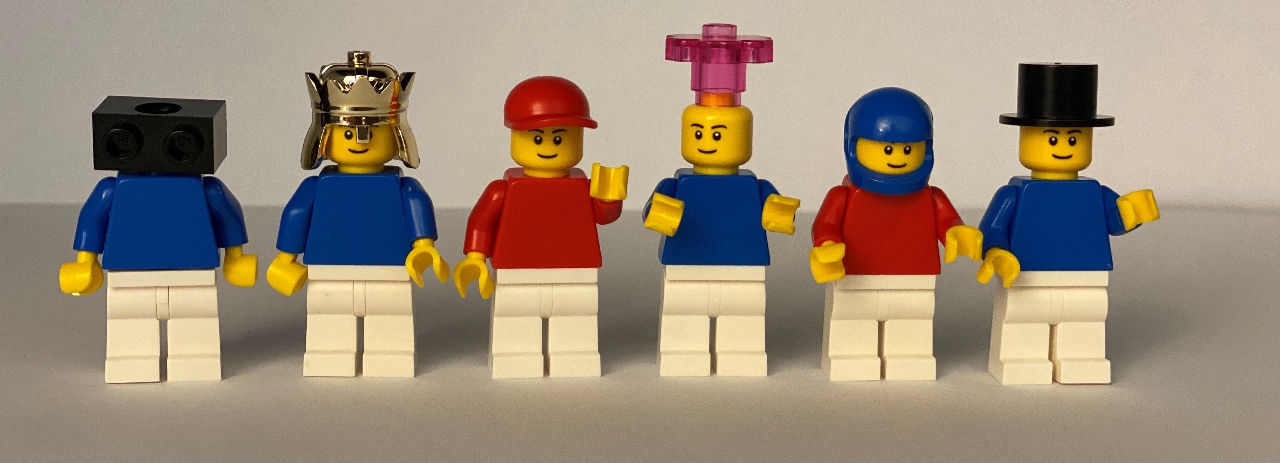
“4Children-by-Children” is a child centred approach to the DOSTA! campaign encountering prejudice and challenging stereotypes on Roma through the eyes and interventions of children. One of the most powerful influences on the development of children’s attitudes, are children themselves. Interventions to reverse prejudice and stereotyping needs to be based on an understanding of how, why, and under what conditions, children make decisions to exclude others.
“4Children-by-Children” campaign and learning material form part of the child-friendly DOSTA! initiative to assist children to confront prejudice and challenge stereotypes about Roma from an early age. Working with the Children’s Rights Division, the Roma and Travellers Team reached out to Roma and Non-Roma children to develop child-friendly material. 70 children between the ages of 12 and 15 from Albania, Hungary and Spain took part in specially designed ‘think tank’ activities through a child consultation process.
The consultations with children emphasized the importance to address antigypsyism in schools and tackle racism early. Children should be given opportunities to understand discrimination and antigypsyism, critically challenge misconceptions and beliefs about Roma and understand the consequences of discriminatory and racist practices.
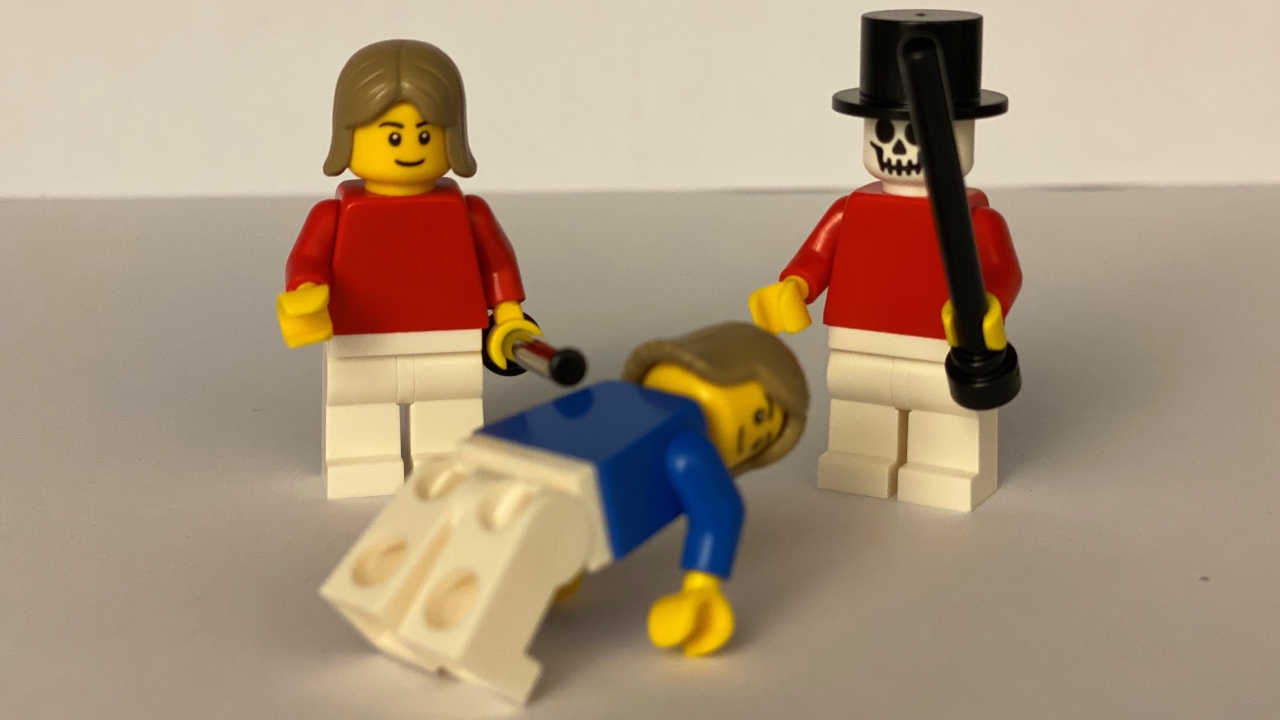
There are people in our society that believe that they are better or more superior than others simply based on their race. This belief of racial superiority leads to unfair treatment of others. Discrimination based on race is called racism. Roma people around the world have for centuries faced this type of racism. They are often the victims of verbal abuse; violent acts and they are not treated equally before the law.
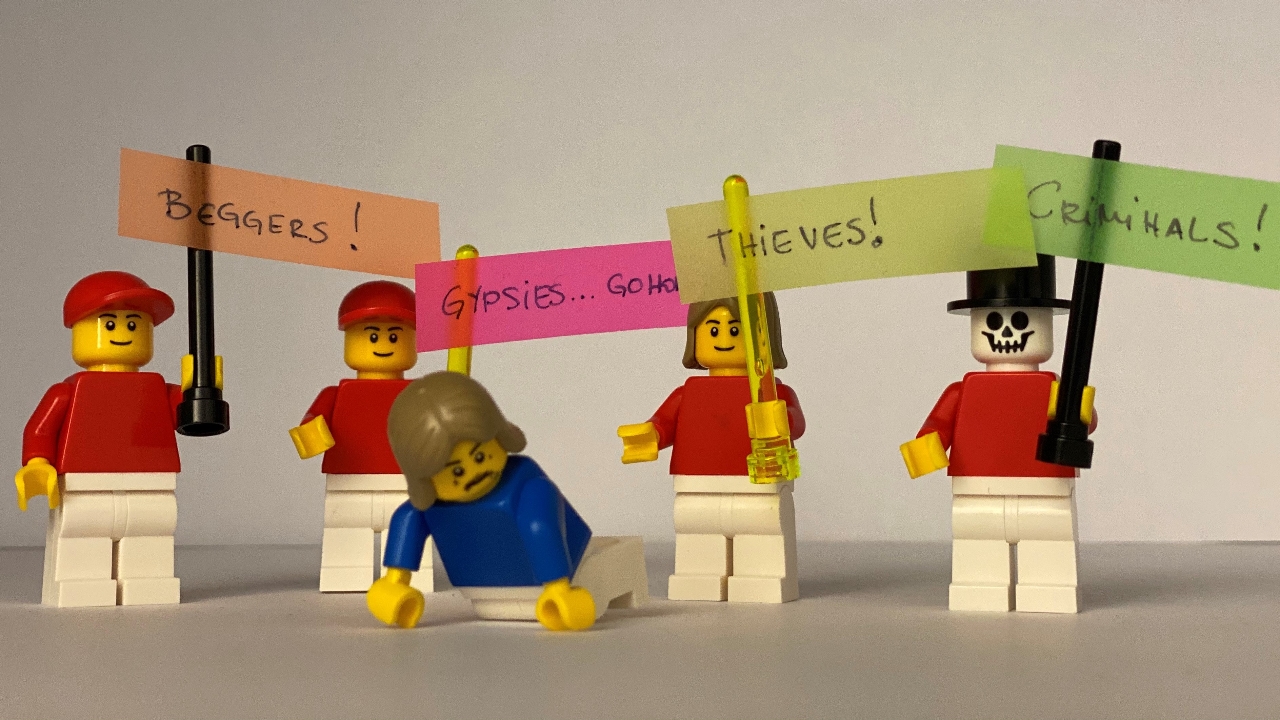
Antigypsyism is a specific form of racism towards people from Roma and Gypsy background. In the world we live in, some people think that Roma are not Europeans and have an inferior culture. Antigypsyism leads to violence, hate, bullying and isolation of Roma in the communities in which they live in.
Consequences of antigypsyism
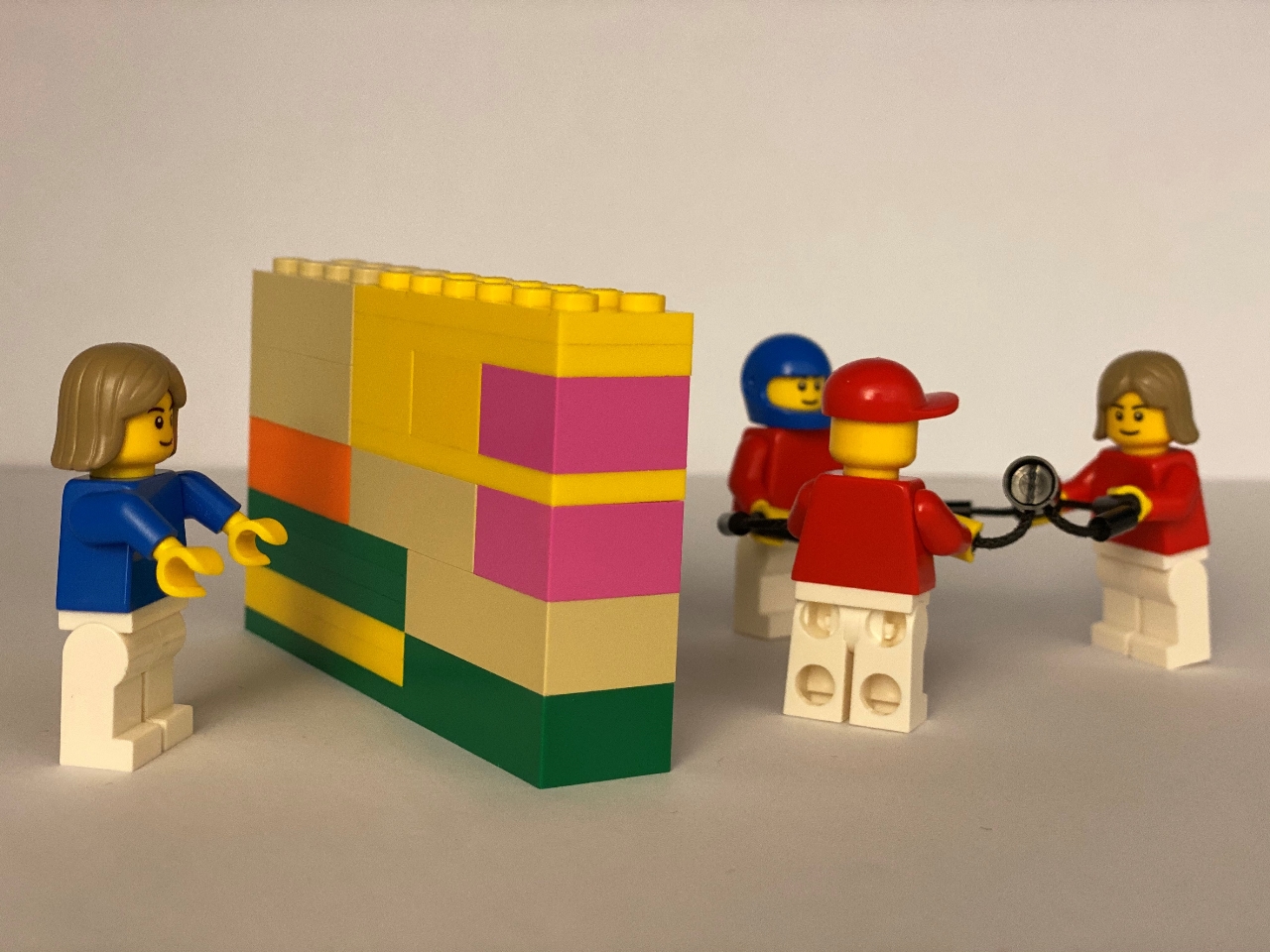
Roma are often excluded and live isolated in their communities. They must live in poor houses, they do not have the same services and children have to attend separate schools.
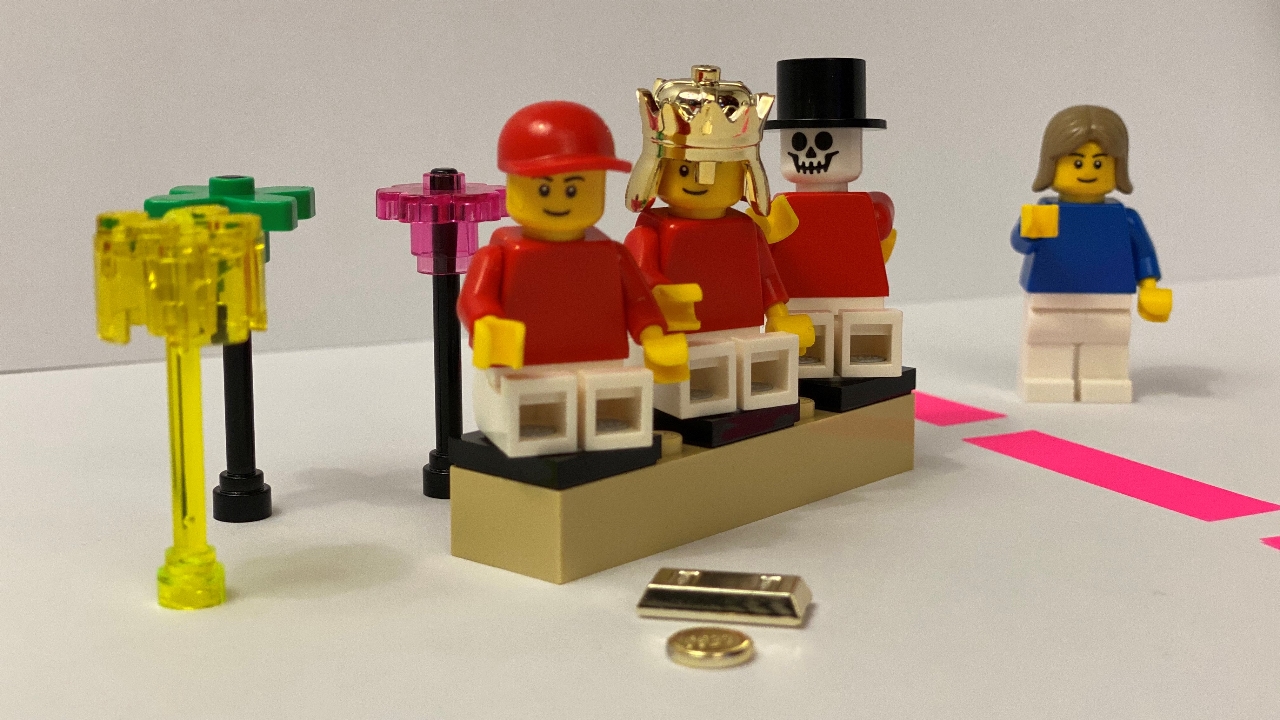
Because Roma are different or don’t look like some people they are not treated the same as others.
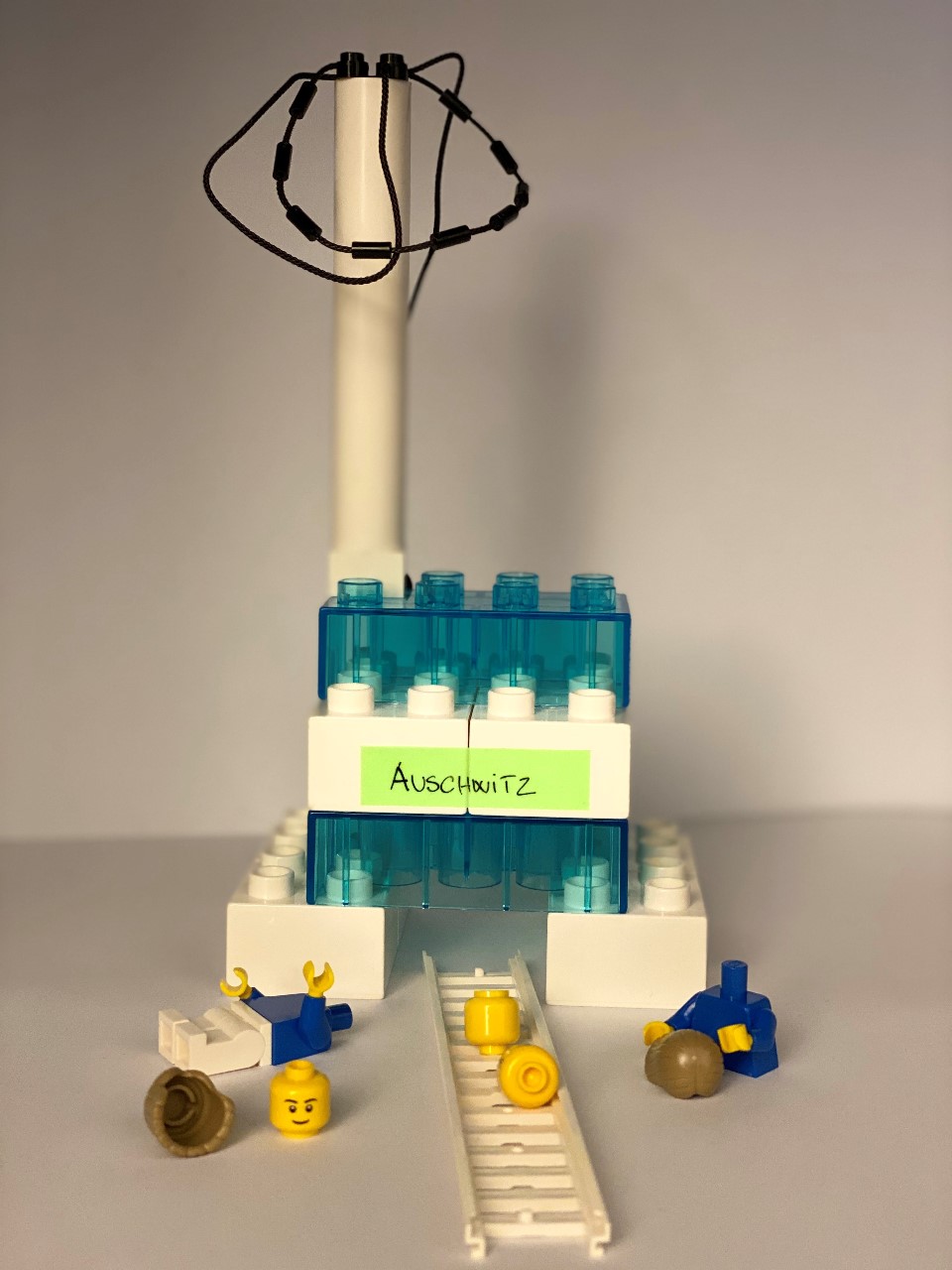
Racism can lead to human tragedies like the holocaust during WWII.Over 500,000 Roma died in the war concentration camps.

Because of racism and discrimination Roma forced to live in separate communities far from others.
Schools and education play a vital and critical role in reversing any negative trends leading to racism. Schools should be part of any process of countering negatives stereotypes with positives models. It is important to promote the values and principles which lead to intercultural understanding, communication and inclusive societies.

- It is important to understand that we can change things by speaking out, supporting the fight against antigypsyism.
- We need to reduce the conflict and reverse the situation.
- We can do something! It is important to speak out and not to be silent.
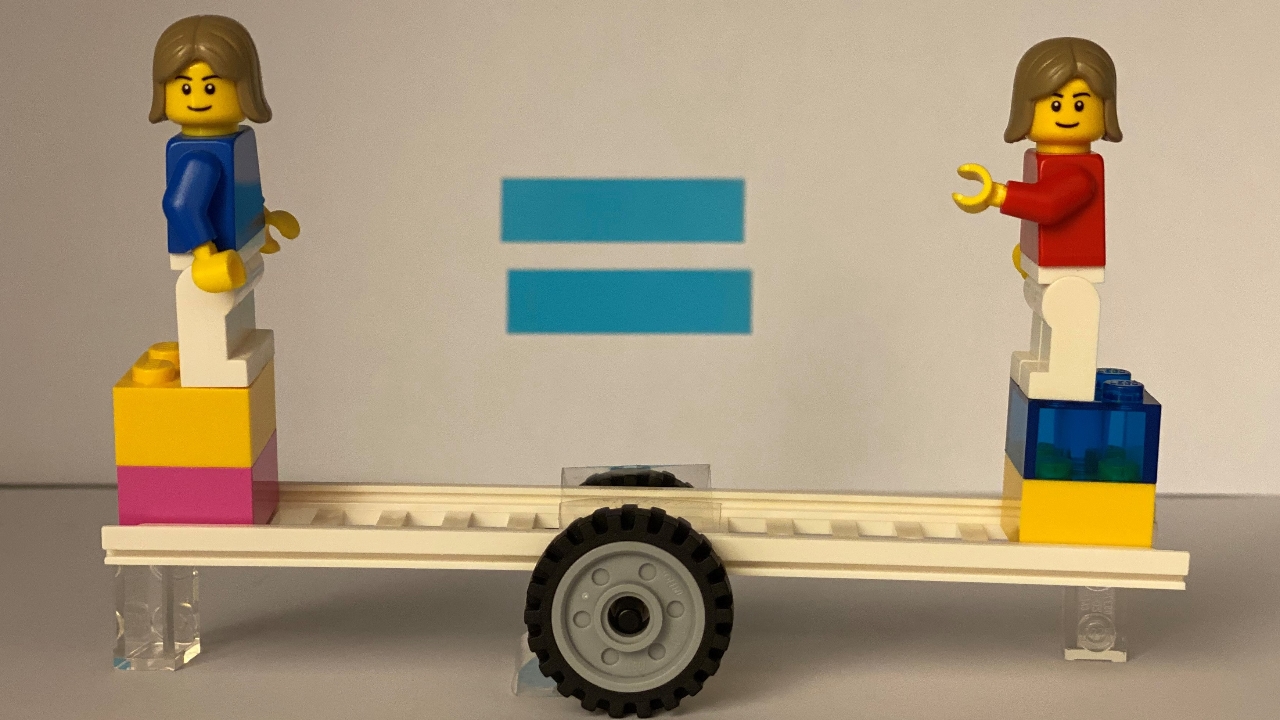
We are all different yet equal. It is the law that everyone must be treated equally in the same good way.
Open your mind, go beyond stereotypes!
Open your mind, go beyond prejudice!
Give nothing to Racism.
Materials developed during the DOSTA! Child consultations:
- Albanian video
- Hungarian videos: (1) (2) (3)


